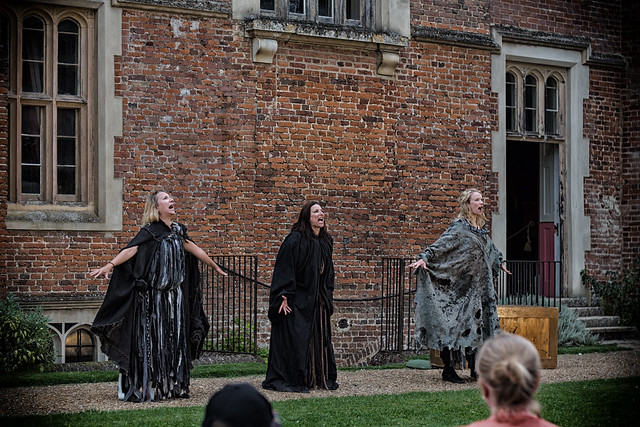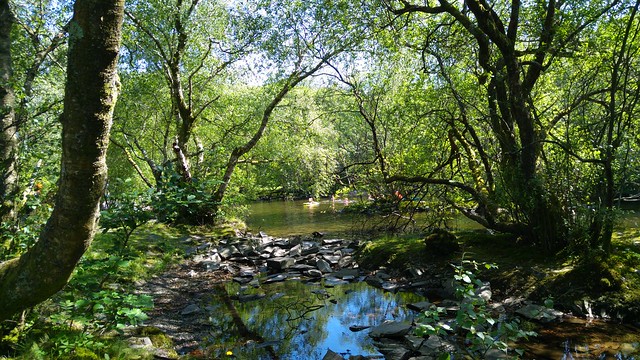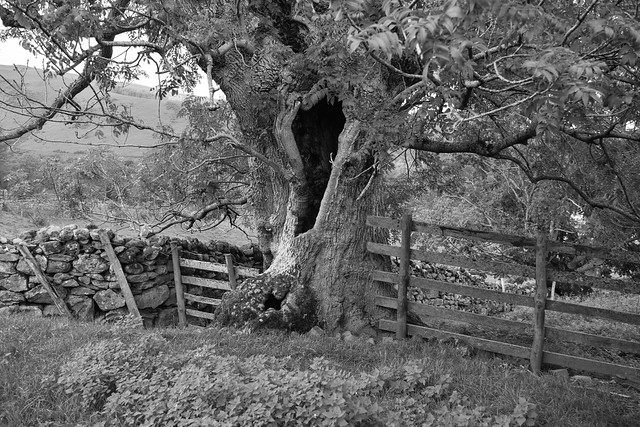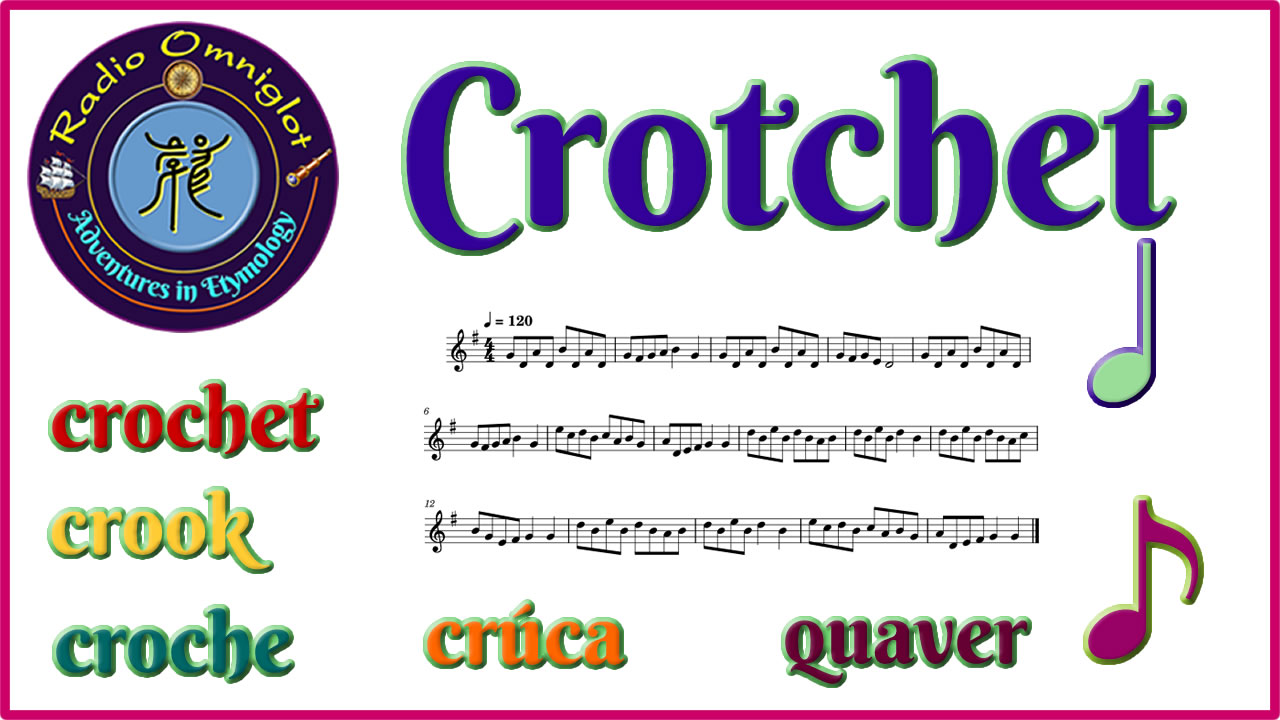Podcast: Play in new window | Download
In this adventure we’re wondering about the wandering origins of the word extravagant.
Extravagant means:
- spending much more than is necessary or wise; wasteful
- excessively high
- exceeding the bounds of reason, as actions, demands, opinions, or passions
- going beyond what is deserved or justifiable
It used to mean wandering beyond bounds [source], and comes from Middle English extravagaunt (rambling, irrelevant, extraordinary, unsual), from Middle French extravagant (extravagant), from Medieval Latin extravagans, from extravagor (to wander beyond), from extra- (beyond) and vagor (to wander, stray) [source].
Words from the same roots include vagabond, vagrant and probably vague in English, vague (vague, vagueness) in French, vaag (vague, hazy, odd, weird) in Dutch, and vago (wanderer, vagabond, slacker) in Spanish [source].
Other English words from the same roots include divagate (to wander about, stray from a suject or theme) [source], and evagate (to wander), which come from Latin roots meaning “to wander away from” and “to wander out of” [source].
Radio Omniglot would like to apologise for the late arrival of this podcast. This was due to malfunctioning plugins at WordPress.
You can also listen to this podcast on: Apple Podcasts, Amazon Music, Stitcher, TuneIn, Podchaser, PlayerFM or podtail.
If you would like to support this podcast, you can make a donation via PayPal or Patreon, or contribute to Omniglot in other ways.
Radio Omniglot podcasts are brought to you in association with Blubrry Podcast Hosting, a great place to host your podcasts. Get your first month free with the promo code omniglot.
I also write about words, etymology and other language-related topics on the Omniglot Blog, and I explore etymological connections between Celtic languages on the Celtiadur.











